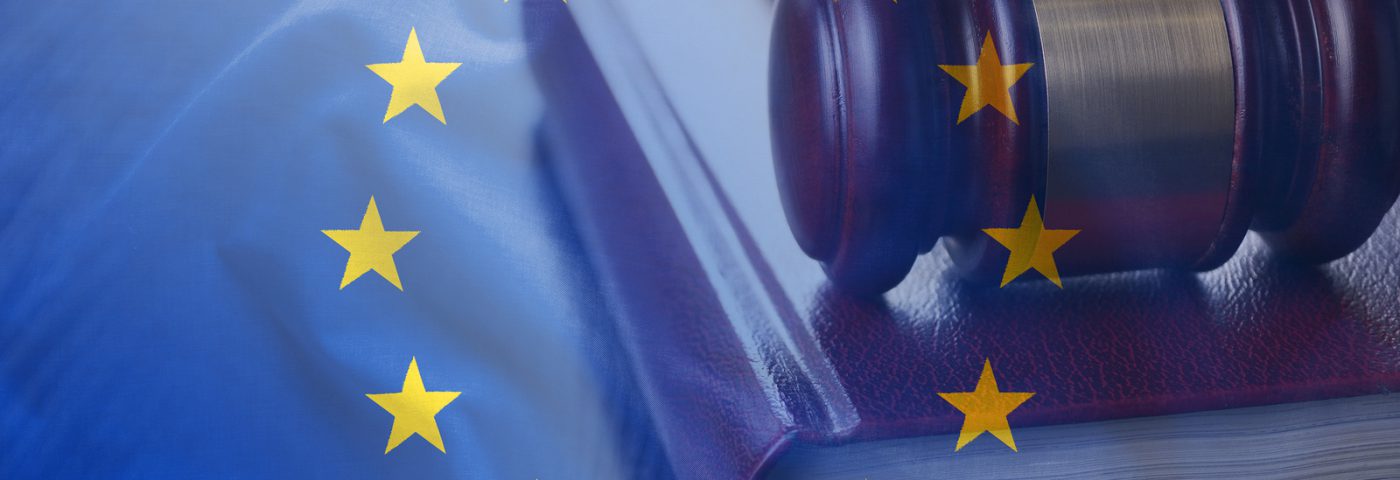Want to make sense of European Union (EU) Cosmetics Regulations? We explain the background, purpose and governing of the Cosmetic Regulation across the EU nations.
In the EU, the manufacture of cosmetics is governed by the EU Cosmetics Regulation. Born as The Cosmetics Directive in 1976, the Directive saw revisions in 2009 before becoming the Cosmetics Product Regulation in 2013. The version we know today spans the entire EU network in order to meet Single Market standards.
The European Single Market is a trade deal between the EU countries which attempts to make trading between member nations as easy as possible. In order for it to work for a specific product sector, there needs to be similar legislation for all member states. Applying this to the cosmetics landscape, the same labelling, packaging and safety regulations must apply across borders in order for products to be transported and sold without restrictions in the EU.
Assuming the relevant standards are met, a person or company can place their cosmetic product on the market. In turn, that person, who is usually a manufacturer or distributor, becomes that product’s Responsible Person (RP) and takes on responsibility for product safety and Cosmetics Regulation compliance.
The same standards apply to ingredients, all of which are governed by the EU Cosmetics Regulation. From banned substances with too much toxicity to pre-approved substances suitable for UV filters and the like, every product needs to meet extensive product and safety assessments.
The EU Cosmetics Regulation orders that all cosmetics products must be manufactured in accordance with the Good Manufacturing Practice (GMP), which sets out that products should be prepared in a clean environment to prevent contamination.
The final step on the road to market takes us to the Cosmetic Products Notification Portal (CPNP), managed by the European Commission. This instructs that all cosmetics products on the European market must be recorded on a centralised database.
There are lots of regulation talks happening at in-cosmetics Global 2020. Come to our skin microbiome regulation workshop.

